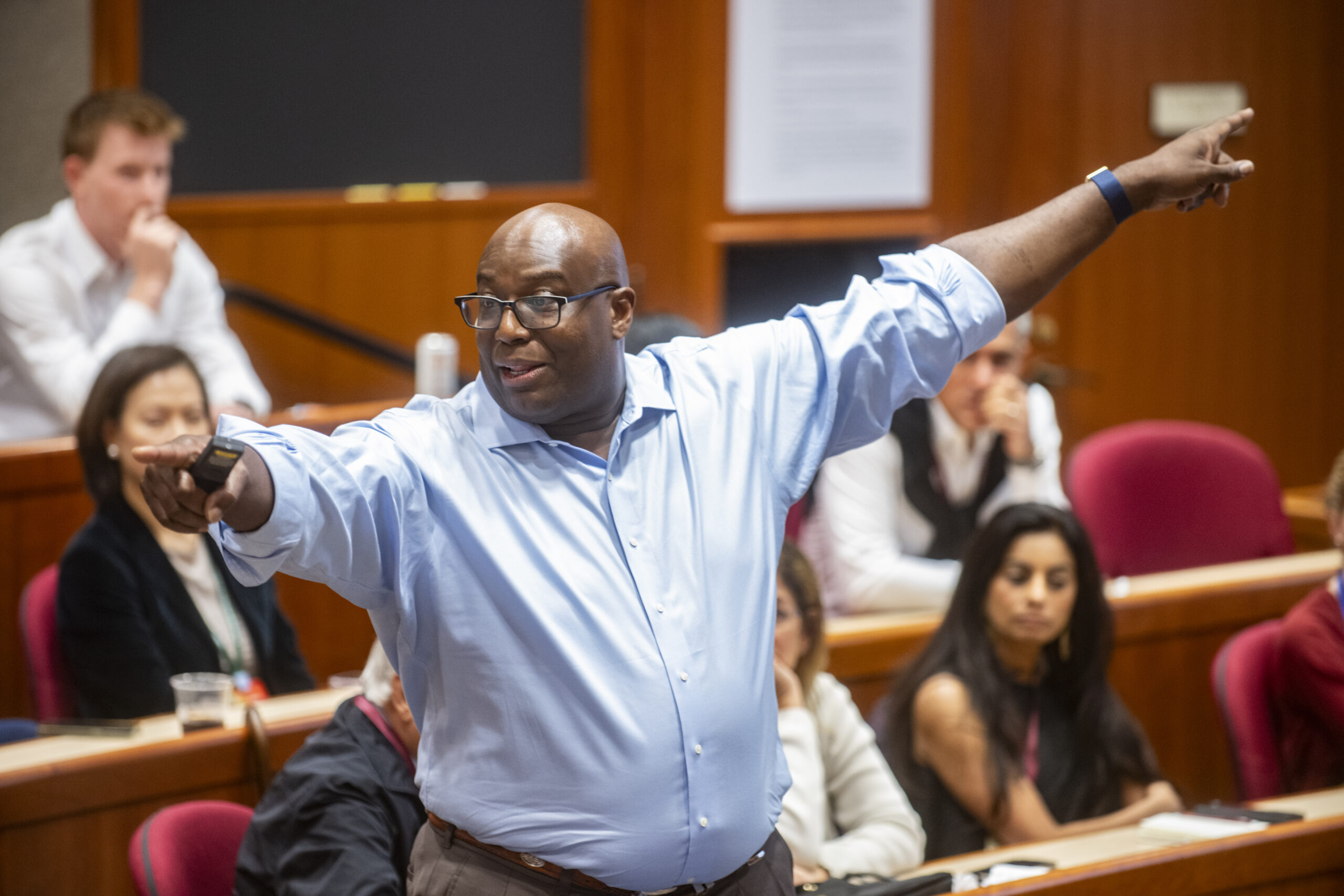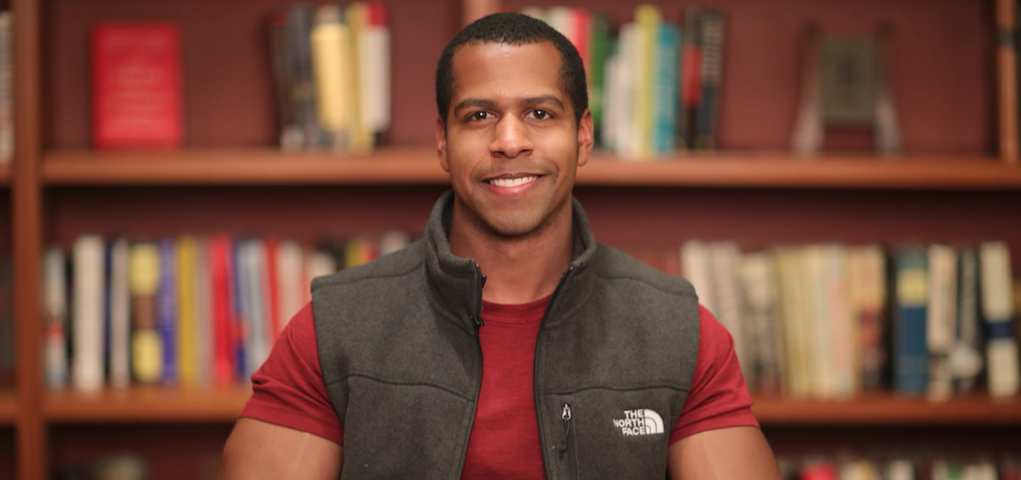

Prior to HBS my career spanned a kaleidoscopic range of topics. I’ve hopscotched across different sectors, at NASA assisting on a lunar rover mission; a stint in finance performing the usual fiduciary responsibilities; and time at a tech company, helping to build programmatic advertising products. Depending on how you tilt your head and squint at my résumé, I could appear to be an engineer, a financier, or a techie.
While unorthodox, each career move was a critical stepping stone that allowed me the opportunity to address personal blind spots, and expanded my interaction with, and appreciation for, government. However, despite these shifting titles my north star remained unchanged: to advance social justice and equity by harnessing the power of human potential. At this moment in my professional exploration, the most effective way I have found to dismantle structures of oppression, and channel and disperse this potential, is through government action – particularly at the state and local levels. When used properly, governments are the most powerful gadget in the change-agent’s utility belt. Governments are not only the world’s largest consumers, but they also are home to where directional and strategic decisions are made that alter the course of history. Having spent this past year at Harvard’s Kennedy School learning about the theory of public policy and government leadership, I wanted to test how well those theories translated into practice within a government institution. The Social Enterprise Summer Fellowship granted me that golden opportunity.
I had the privilege of spending the majority of this summer working as a policy advisor to Governor Ducey in Arizona. The specific policy areas I covered were homelessness, affordable housing, and recidivism. One of the most palpable social inequities we face today is the state of affordable housing, or rather the lack thereof. Home prices are rising at double the rate of wage growth. Back in 2016, Harvard researchers discovered that approximately half of all renters are cost-burdened (defined as spending 30% or more of one’s income on rent). Furthermore, the National Low Income Housing Coalition found that a renter working 40 hours a week and earning minimum wage can afford a two-bedroom apartment (i.e., not be cost-burdened) in exactly zero counties nationwide. Put simply, it isn’t possible. The most immediate consequence of this reality is the rate of homelessness in America. I had been itching to work in government for quite some time, but my interest in this opportunity was both political, and deeply personal.
While I was indeed blessed to have a loving and devoted father, my upbringing was far from perfect. I spent my entire life living in poverty, and began working at an early age to help support the family. I had even been homeless myself at various times throughout my childhood. Thus, I approached my work this summer with elevated passion and clear purpose. My weeks at the state capitol in Phoenix led to many discoveries:
State and local governments truly are the laboratory of democracy. My summer working in the governor’s office has strengthened this belief. We have many examples in this country where local communities have successfully tackled chronic homelessness. But more needs to be done. Homelessness is a complex social issue with multiple determinants and no short-term solution. If we truly intend to stop managing homelessness and finally begin to end it, we have to first realize that it’s not about finding that perfect policy idea. There is no panacea. Thus, we must summon the courage to tackle the hard tasks of forging consensus, combating cynicism, and collecting the will to make change happen.